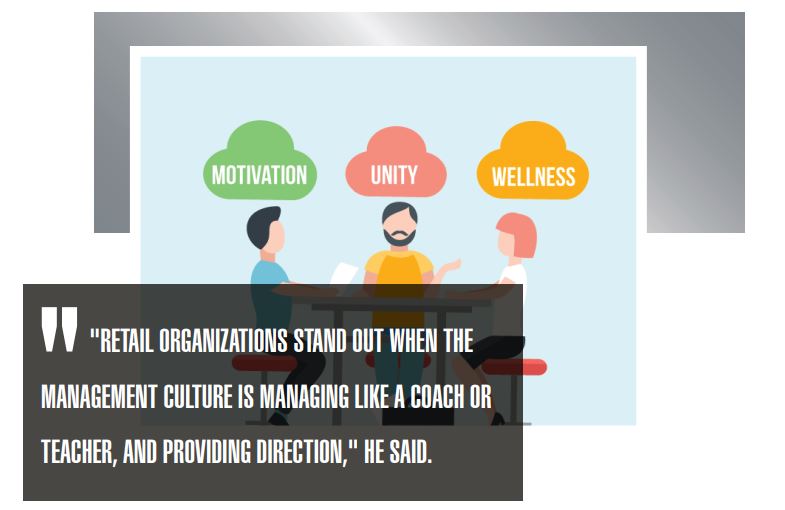The competition for high-quality employees is greater than ever for all retail channels, including convenience stores.
In a recent whitepaper, “Winning the Talent Wars,” Bruce Tulgan of RainMaker Thinking, a consulting firm in Whitneyville, Conn., maps out eight dream job factors that today’s employees are looking for when considering employment.
“The No. 1 issue troubling business leaders today is the increasing difficulty in recruiting, motivating and retaining the best talent,” said Tulgan. “There is a talent shortage at every level, in every industry. The talent wars are back on and more heated than ever.”
The first dream job factor is performance-based compensation. In addition to offering baseline pay and benefits that are comparable to competitors, a c-store chain can stand out by providing opportunities for employees to earn more based on them going the “extra mile,” Tulgan told Convenience Store News.
The second factor is supportive leadership, where people feel their manager or supervisor provides regular support, guidance and direction. Hands-off management is no longer the way top employees expect to be supervised, Tulgan explained.
Next, it’s important to lay out the role and responsibilities, and present a path to advance within the organization. Rather than viewing some tasks as “grunt work,” a company should look at all work as “knowledge work” if you do it right, and pass this viewpoint on to the employee.
Dream job factor No. 4 is location and workspace, which means allowing people to work at a location near their residence, and also providing a comfortable workspace. Today’s employees are looking to have some control over that space, as well.
Factor No. 5 is schedule flexibility. Being able to have input into their schedules is a plus.
“If someone goes the extra mile, maybe they can earn more scheduling flexibility or, after six months of working there, they can have more input,” Tulgan suggested.
The sixth factor important to today’s workers is access to training and development. Showing potential employees the opportunities for career advancement and having a clear path for them to achieve next steps should be a priority for any organization.
The final two factors include relationships at work and creative freedom.
“People care about their relationships at work, so you have to create an environment where relationships revolve around work and a shared mission,” Tulgan pointed out. “Hands-off managers often allow cliques or bullies to form, which is not what you want.”
Providing clear boundaries and guidelines will also allow an employee to know where they can have some autonomy or creativity without going overboard. This is something else that can be earned based on performance, said Tulgan.

